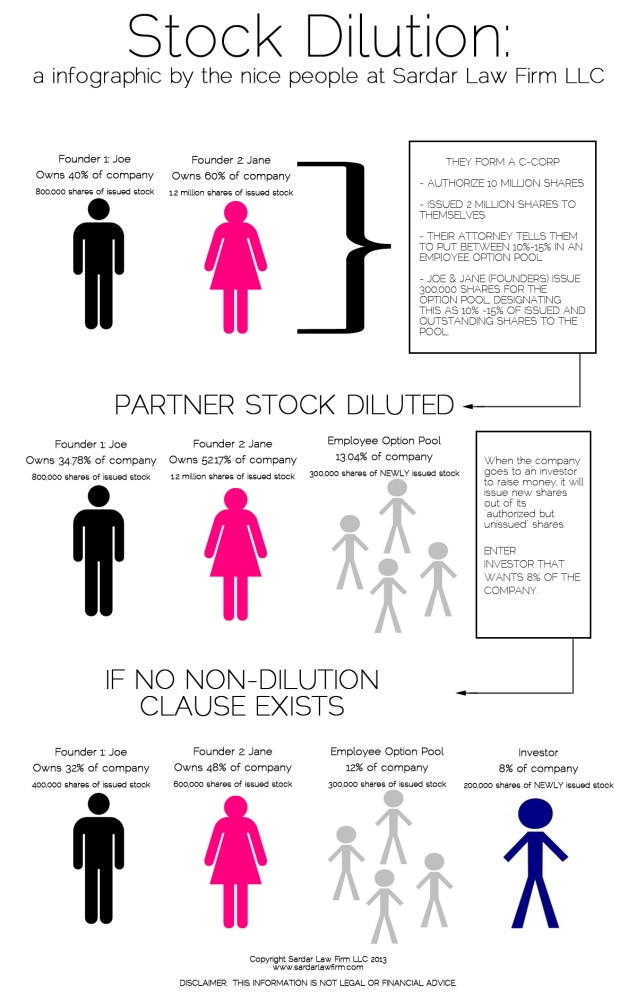
Trademark infringements are one of the most talked about issues faced by young companies – both because they unknowingly infringed on another’s trademark and because someone else is using their trademark without permission. So we decided to help clarify some frequently asked trademark questions:
A trademark is a word, symbol, or phrase, used to identify a particular company’s products and distinguish them from the products of another. Example: Nike & the Nike “swoosh” are both used to identify the products made by Nike. They give the consumer the ability to distinguish a Nike product from products made by another company (Walmart brand, Reebok, etc.).
If the company is a service-oriented one that does not create products, their marks are called “service marks” and are generally treated just the same as trademarks. (Ex: law firms, accounting firms, etc.)
Any distinctive name, symbol, or word can be designated as trademarked by using the symbol “TM” – it notifies others that the company owns the product’s name and design. However, by simply using the “TM” symbol you are not protected from another company that produces a similar product or uses a similar name without having to prove that you were the first to use the name or design. Further, you may still not have a legal defense without registration.
A registered trademark can be identified by the symbol “®” being used. This symbol can be used once the trademark is registered with the US Patent & Trademark Office (USPTO) and is considered a “Federally Registered Trademark.” Once registered, a trademark is protected against another company’s use of the name or image. Any future companies wishing to register its own design/name/image has to check to be sure that it is not like any registered trademarks.
3. Why should I spend the money and register a trademark?
Registration of a trademark constitutes nationwide constructive notice to others that the trademark is owned by the registering party. It confers a lot of additional benefits, such as: (1) enables a party to bring an infringement suit in federal court; (2) allows a party to potentially recover treble damages, attorneys fees, and other remedies; and (3) registered trademarks can, after five years, become “incontestable,” at which point the exclusive right to use the mark is conclusively established.
4. What can be seen as trademark infringement?
To bring a suit for trademark infringement that standard is called “likelihood of confusion.” What this means is, generally, by using a mark that is too similar to yours in the sale of goods you are likely confusing the customer as to who created the goods in the first place. (Example: using a “swoosh” symbol but not using the word Nike on a pair of shoes may confuse people into thinking they are buying a Nike product.)
In deciding whether consumers are likely to be confused, the courts will typically look to a number of factors, including: (1) the strength of the mark; (2) the proximity of the goods; (3) the similarity of the marks; (4) evidence of actual confusion; (5) the similarity of marketing channels used; (6) the degree of caution exercised by the typical purchaser; (7) the defendant’s intent. Polaroid Corp. v. Polarad Elect. Corp., 287 F.2d 492 (2d Cir.), cert. denied, 368 U.S. 820 (1961).
5. What is trademark dilution?
Owners of a trademark can also bring suit for “trademark dilution” under either federal or state law. Under federal law, the standard is that the mark must be “famous” – and to determine whether it’s famous or not, the court will look at the following factors: (1) the degree of inherent or acquired distinctiveness; (2) the duration and extent of use; (3) the amount of advertising and publicity; (4) the geographic extent of the market; (5) the channels of trade; (6) the degree of recognition in trading areas; (7) any use of similar marks by third parties; (8) whether the mark is registered.
Under (most) state laws, a mark does not need to be “famous” for a dilution claim. Instead, the standard is that: (1) the mark has “selling power” or, in other words, a distinctive quality; and (2) the two marks are substantially similar.
Have more questions? Email Sheheryar Sardar of Sardar Law Firm LLC.



